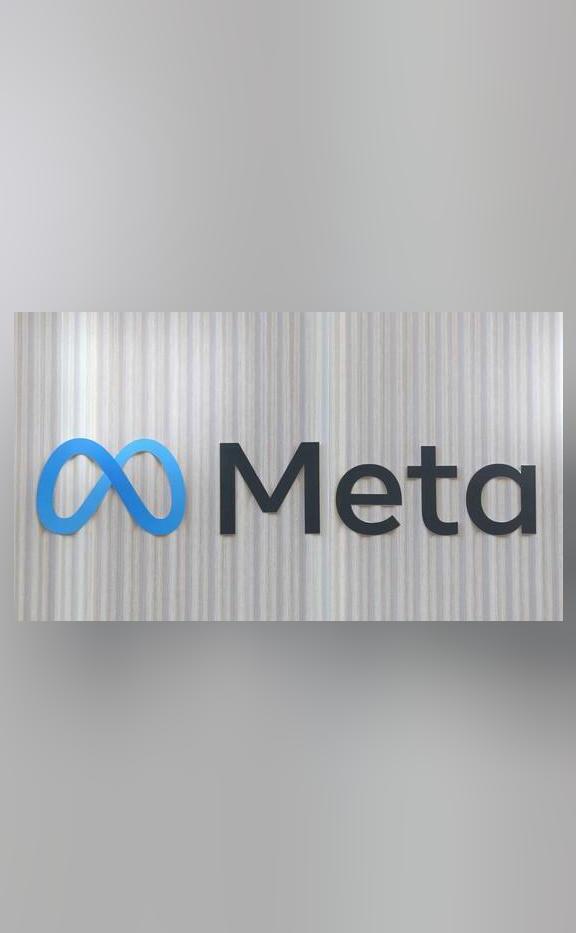
Meta’s Block Lists Prevent Fired Staff from Being Rehired: Report
In a shocking revelation, Business Insider has reported that Meta, the parent company of Facebook and Instagram, has block lists in place to prevent some fired employees from being rehired, despite their good performance records. This raises questions about the company’s hiring practices and whether employees who leave voluntarily or are terminated can ever return to the company.
According to the report, Meta has two types of block lists: ‘non-regrettable attrition’ and ‘do not hire’ lists. These lists are used to determine whether an employee is eligible for rehire or not. A Meta spokesperson explained that the reason for the employee’s departure is the determining factor in this decision.
It’s unclear what criteria are used to place an employee on one of these lists, but it’s likely that the decision is made on a case-by-case basis. For example, an employee who left the company voluntarily after a year of service might not be eligible for rehire, while an employee who was terminated for poor performance might also be placed on the list.
The existence of these block lists is a departure from traditional hiring practices, where companies typically consider an applicant’s entire work history and performance record when making a decision. By excluding certain individuals from the hiring pool, Meta is effectively limiting its ability to attract top talent and fill open positions.
The company’s use of block lists also raises questions about fairness and equality. For example, an employee who was terminated for a legitimate reason, such as downsizing or restructuring, might be placed on the list, while an employee who was let go for more questionable reasons, such as bullying or harassment, might not. This could lead to a situation where employees who were terminated unfairly are able to return to the company, while those who were terminated for legitimate reasons are excluded from consideration.
Furthermore, the use of block lists could have unintended consequences for the company’s culture and reputation. Employees who are terminated and placed on a block list might feel a sense of injustice and resentment towards the company, which could lead to negative reviews and a damaged reputation.
The report also raises questions about the impact of these block lists on Meta’s ability to retain top talent. If employees are terminated and then placed on a block list, they may feel that they have no choice but to leave the company and seek opportunities elsewhere. This could lead to a brain drain, as the company loses talented employees who might have otherwise stayed with the company.
In response to the report, a Meta spokesperson stated that the company’s hiring practices are designed to ensure that the best candidates are selected for open positions. The spokesperson also emphasized that the company’s block lists are used to ensure that employees who leave the company voluntarily or are terminated are not rehired if they do not meet certain standards.
“While we [lists] the reason for the employee’s departure and that determines whether an employee is eligible for rehire or not,” the spokesperson said.
However, the report’s findings have sparked concern among some employment experts, who argue that the use of block lists is unfair and could lead to discrimination.
“This is a concerning practice, and it’s unclear what criteria are used to determine which employees are placed on these lists,” said an employment expert. “It’s possible that the lists are being used to exclude certain groups of employees, which could be a violation of equal employment opportunity laws.”
In conclusion, Meta’s use of block lists to prevent fired staff from being rehired raises important questions about the company’s hiring practices and fairness. While the company may argue that the lists are designed to ensure that the best candidates are selected for open positions, the report’s findings suggest that the lists are being used to exclude certain employees from consideration. As the company continues to grapple with the challenges of the modern workforce, it’s essential that it reevaluates its hiring practices and ensures that they are fair and equitable for all employees.






